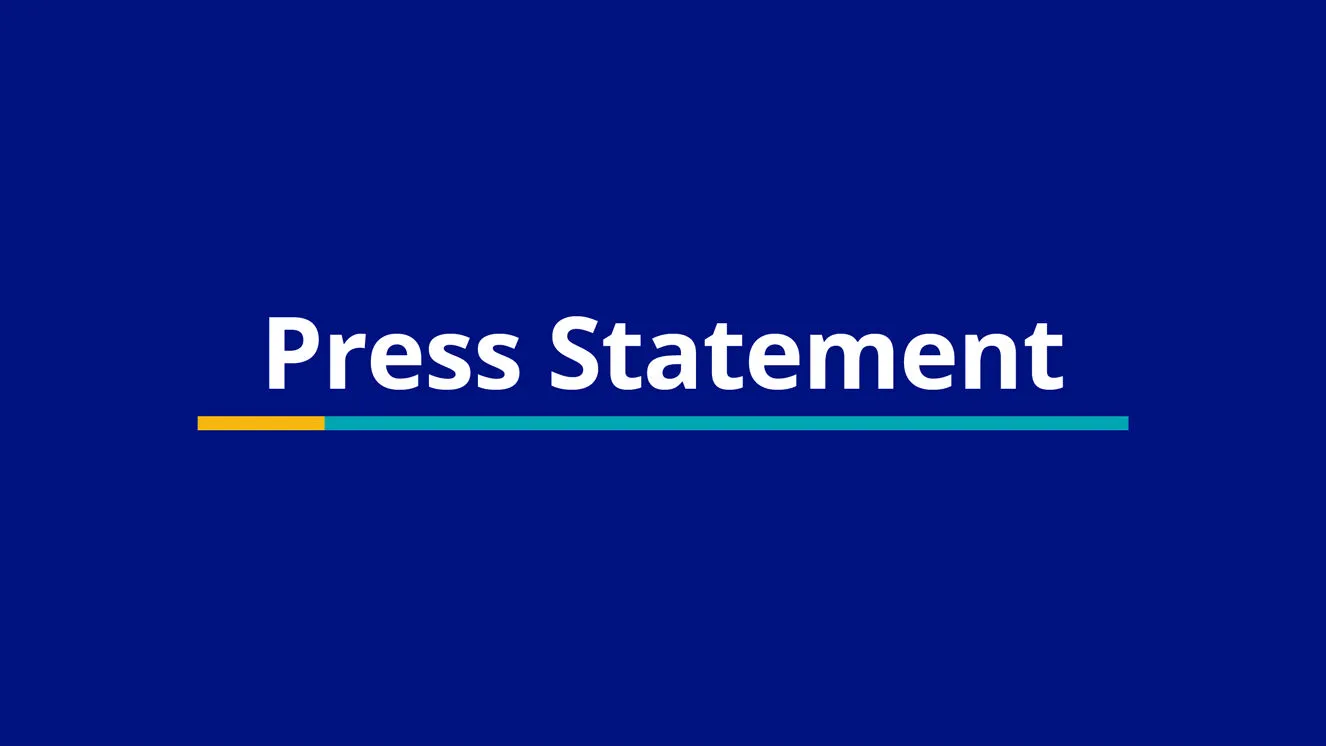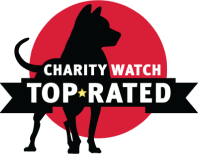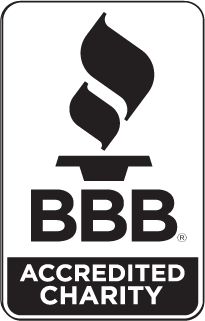Setbacks Caused by COVID, Health Equity Gaps Take Focus on World AIDS Day
Project HOPE urges sustained investment, coordination & action toward ending pandemic

Washington, D.C. (November 29, 2021) – As the global community recognizes World AIDS Day on December 1, this year’s theme is a call to address growing inequalities that drive AIDS and to reach people who are currently not receiving essential HIV services. Dr. Tom Kenyon, chief health officer at Project HOPE and former director of global programs at the Centers for Disease Control (CDC), and Chilobe Kambikambi, Project HOPE’s country representative in Zambia, issued the following statements:
“On this World AIDS day, we must first remember those who didn’t survive this treatable disease. An estimated 36.3 million people have died from AIDS-related illnesses since the start of the HIV/AIDS epidemic. Globally an estimated 680,000 people died in 2020, which is close to the population size of the U.S.’ capital, Washington, D.C. In addition, about 1.5 million people were newly infected last year. While AIDS is no longer at the top of news headlines, the disease still killed an average of 1,860 people a day in 2020. Thanks to increased access to HIV/AIDS testing and treatment though, AIDS-related deaths have declined by 64% since their peak in 2004. We need to accelerate efforts to place the remaining 11.5 million on treatment who haven’t yet been reached. A major lesson learned from the HIV/AIDS epidemic is that equity works, and that with leadership, community involvement, focus, metrics and determination, we can find ways to overcome the barriers to equity – stigma and discrimination, gender, financial, and health systems-related.
“With its eyes on combatting the COVID-19 pandemic, the world has become less focused on this other deadly disease. Yet, as we enter a third year of the COVID-19 pandemic, we also enter the fifth decade of the AIDS pandemic. Health equity gaps continue to define who has access to HIV/AIDS treatments, and who does not. This is a global issue where wealthy nations and communities have a relative advantage, while economically disadvantaged countries and communities remain at greater risk. Gaps in access remain in regions where HIV/AIDS is prevalent, threatening the lives and well-being of children, women and men who all equally deserve health care as a human right. Today, two-thirds of people living with HIV are located in the Africa region; Sub-Saharan Africa could see a half-million excess HIV-related deaths and increasing HIV infections, due to health care disruptions during COVID-19, if we do not take immediate action.
“Among the many shadow pandemics COVID-19 has caused, setbacks in HIV/AIDS treatment and prevention are of dire concern. Also, while people living with HIV face greater COVID-19 risk factors, many have not had equitable access to COVID-19 vaccines. Nowhere are these health equity gaps more staggering than in Africa, where less than 6% of the population has been fully vaccinated due to lack of vaccine access and supplies.
“As a global community, we must focus on where progress has faltered and double down on investments toward testing, treating and protecting people living with HIV. This includes reviewing global health financing and investing in community-led health systems, supporting local health workers, ensuring equitable access to life-saving medicines and health technologies, as well as developing and/or strengthening data systems that can detect inequalities.”
– Dr. Tom Kenyon, chief health officer, Project HOPE
Additionally, Kambikambi spoke of the importance of HIV/AIDS education:
“Education plays an important role in prevention of HIV. Educated children and youth have a better chance to protect themselves with access to all the facts about HIV/AIDS than their uneducated peers. In addition, studies have shown that education is an effective tool to reduce the social and economic vulnerabilities that often make girls and women more prone to becoming infected with HIV/AIDS. Meanwhile, it is recognized that economic empowerment is an effective strategy for HIV prevention. For young women and girls being more vulnerable to HIV, an empowered woman benefits from better informed health choices if she has a sustainable livelihood.”
– Chilobe Kambikambi, country representative, Zambia, Project HOPE
###
About Project HOPE
With the mission to place power in the hands of local health workers to save lives around the world, Project HOPE is a global health and humanitarian organization operating in more than 25 countries. Founded in 1958, we work side-by-side with local health systems to improve health and support community resilience. We work at the epicenter of today’s greatest health challenges, including infectious and chronic diseases; disasters and health crises; maternal, neonatal and child health; pandemic preparedness and response; mental health for health workers; and the policies that impact how health care is delivered. For more information, visit www.ProjectHOPE.org and follow us on Twitter @ProjectHOPEorg.
Interviews available upon request.
Related Facts & Data
Source: World Health Organization report, July 2021
- HIV infection is a significant independent risk factor for both severe/critical COVID-19 presentation at hospital admission and in-hospital mortality.
- A WHO study reported that nearly a quarter (23.1%) of all people living with HIV (PLHIV) who were hospitalized with COVID-19, died.
- The report found that the risk of developing severe or fatal COVID-19 was 30% greater in PLHIV compared to people without HIV infection.







